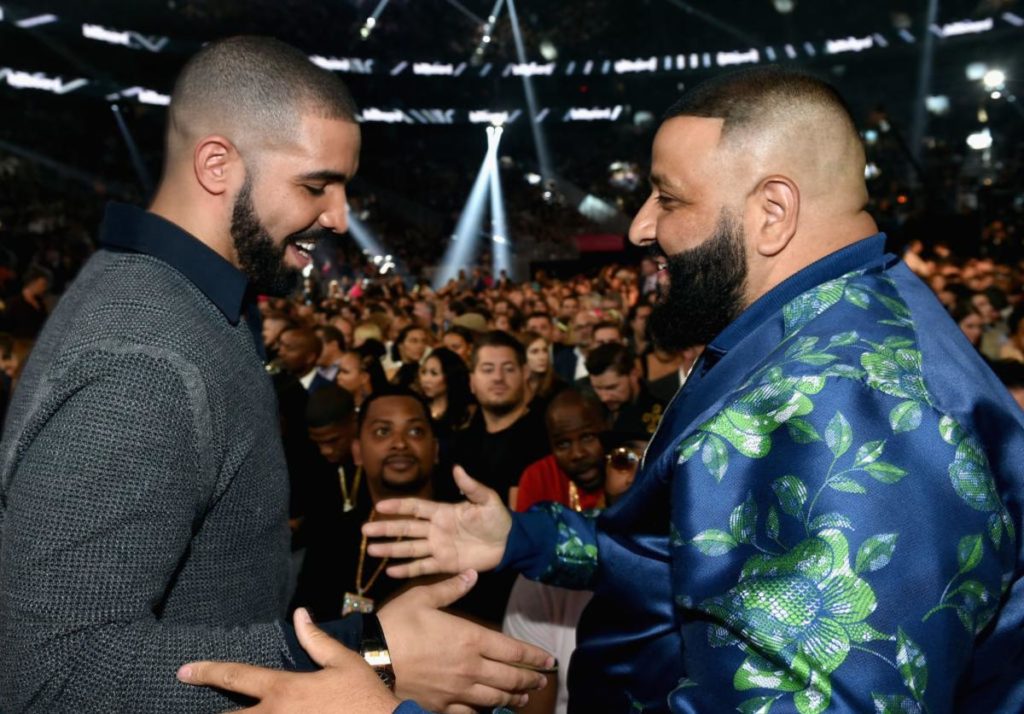13 Aug Throwback Thursday: Pretty Ricky – “Your Body”
With a debut single like “Grind with Me,” it was always hard to take Pretty Ricky seriously. There was something about them that always struck me as particularly corny.
And of course, there were those stripper videos Spectacular used to post on social media. Shaking my head.
Even today, just the thought of the group makes me snicker. However, as clownish as they might have been, I have never questioned the quality of “Your Body,” the group’s second single from their debut album, Bluestars.
Produced by Jim Jonsin and written by the late Static Major, the song was in keeping with the freaky theme of its predecessor, but surpasses it in terms of melody and catchiness. Calling it a classic might be a stretch, but “Your Body” is quite unique in the sense that it sounds very much like a throwaway 2005 radio hit and yet feels somewhat timeless.



